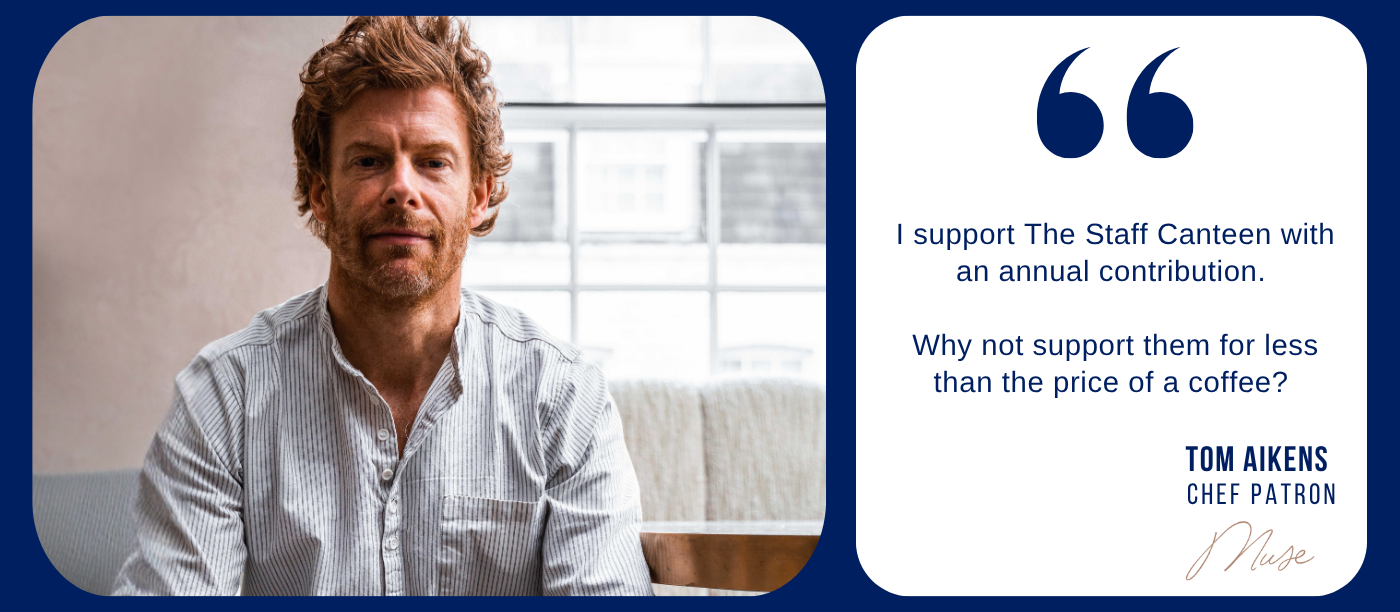stability of a steady job, salary, work environment etc. One isn’t necessarily ‘better’ than the other. It’s as different as chalk and cheese! The biggest difference, in my opinion, is working solo verses working within a brigade. Private work can be lonely! But then you have full creative control and independence. “

Sean explained it was his family that led him to make the shift. He said: “I was doing 80/90 hours a week and I would have missed the important parts of life for them growing up. But now it allows me to be flexible.”
Private work being an 'enjoyable, creative environment' seemed to be the general consensus among the three chefs. Sean continued: “I absolutely love it. I get to meet different people every day. I get to see all different homes, all types of different scenarios.
It really keeps you on your toes, whereas in industry, you know you’re going to do 50 booking, it's going to be that menu for three months, and then it's seasonal so it will change to something else. Whereas, I essentially have a different menu that I’m working on, every single day. I was working Christmas day for some footballers. I worked for the head of Twitter on New Year’s Eve. You just get to see some amazing things and I'm not going to look back.”
And the situation was similar for Mark who said: “I was working an average of 90 hours a week, occasionally up to 110 hours. I had no life other than working, and working this amount of hours doesn’t just affect your social life but your health too. I had always fancied making the change so when the family restaurant was sold, I decided to try something different.
“The private chef sector is a world away from mainstream hospitality industry, private chefs are very fortunate in that we can pick and choose where and when we work, it doesn't mean we don't work as hard as say a chef in a restaurant it just means we can manage our time better and for the first time in my career I have quite a good work life balance. “
Long hours and poor conditions seem to remain at the forefront of the issue, and it was no different for Roger Watson. He currently holds the position of private chef to an Ultra High Net Worth individual in London.

He said: “When I left London I was doing 40 hours a week, cooking for a family of 3 Monday to Friday. Before that I worked 9 years on bad money doing 90 hours a week and being verbally abused. Why would I have stayed in the restaurant business? For what?”
And it’s this that poses the question of whether the private sector is part of the reason for the shortage. Are people seeking out the private route as a better alternative to industry?
Mark said: “I think more and more chefs are leaving behind restaurants and venturing out on their own. The money can be very good providing you get the right jobs and with companies like La Belle Assiette, the private chef sector has never been easier to break into.”
So it might be that the transition to the private sector to seek ‘a better working life’ might well be a key factor to the industry chef shortage and the numbers making the change could continue to grow. Sean highlights that neither industry nor the private sector is necessarily better than other, it just depends on which a person is better suited to.
He said: “It’s not as stable as having a more settled job. I think people really need to be in the industry a long time before they can do this kind of work.”
By Renee Bailey

















